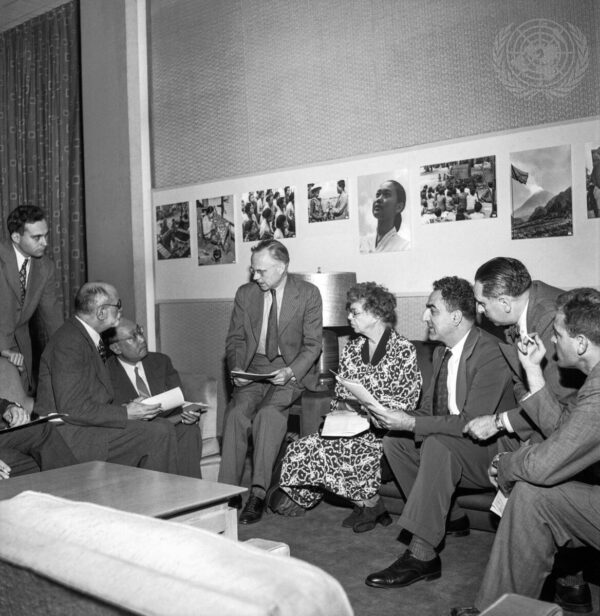
Human Rights 101: The Universal Declaration of Human Rights
In this lesson, students will learn how human rights differ from civil rights and gain introductory knowledge of how the international community united to define and defend human rights.
Featured in

In this lesson, students will learn how human rights differ from civil rights and gain introductory knowledge of how the international community united to define and defend human rights.